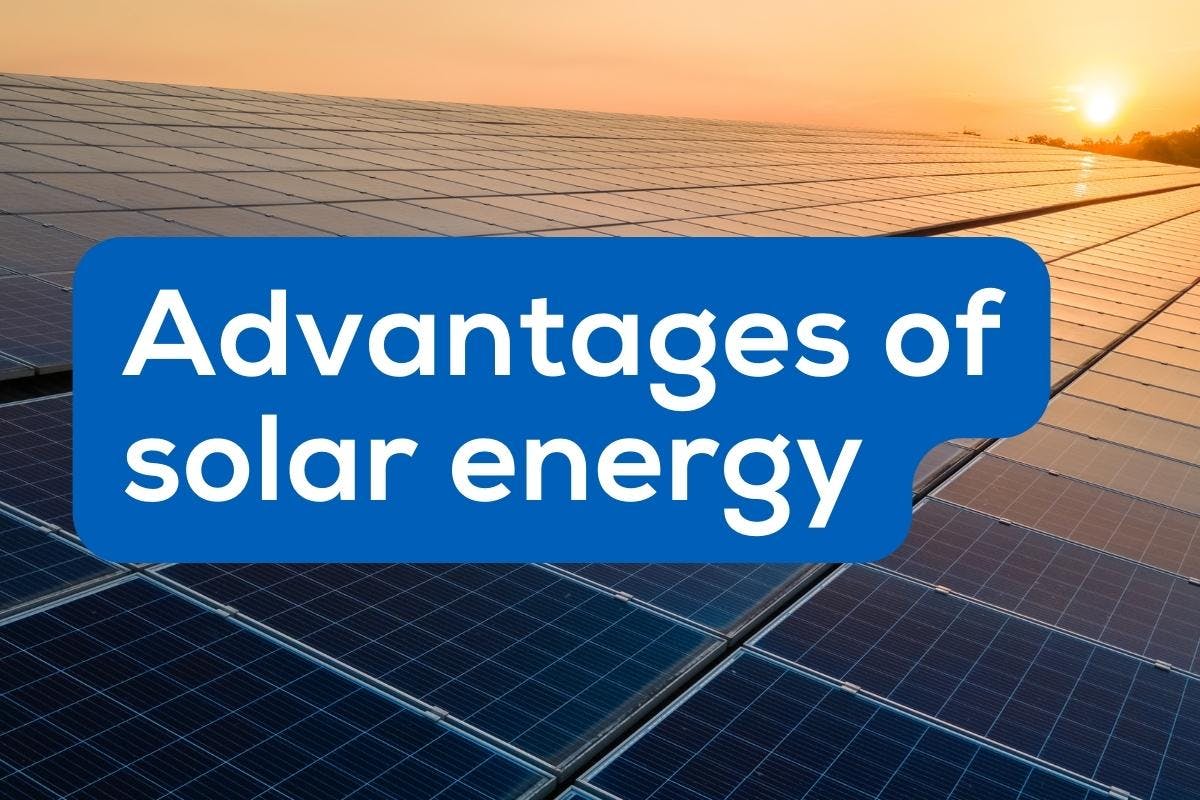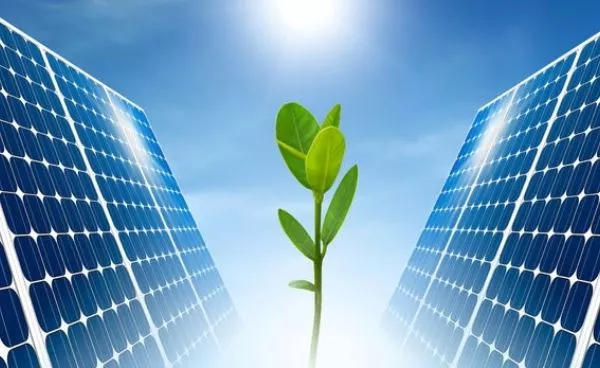Get Trusted Solar Power Solutions from Simply Solar Illinois Today
Wiki Article
Exactly How Solar Energy Can Help You Save Cash and Minimize Your Carbon Footprint
The combination of solar power right into your energy portfolio offers a compelling chance for both economic cost savings and ecological stewardship. By using the sun's energy, homeowners can significantly lower their month-to-month utility costs while additionally guarding versus the unpredictability of future power costs. The change to solar contributes to a significant reduction in carbon exhausts, straightening individual financing with broader environmental goals. As various government motivations appear, the question emerges: exactly how can one efficiently navigate the preliminary investments and continuous benefits of solar modern technology to maximize both economic and ecological gains?Understanding Solar Energy Savings
While the change to solar power commonly entails an initial investment, understanding solar power cost savings is important for property owners and organizations alike. Solar power systems can significantly reduce power expenses by harnessing the sunlight's power, converting into substantial long-term economic advantages. By producing their very own electrical power, users minimize dependence on grid power, which undergoes varying costs. These financial savings can gather in time, commonly leading to a fast roi.Additionally, solar power systems may get various monetary motivations, consisting of tax obligation credit reports and refunds, even more enhancing their cost-effectiveness. The schedule of net metering allows users to sell excess power back to the grid, developing an additional revenue stream. These elements contribute to the total financial savings related to solar energy.

In enhancement to direct financial savings, solar power provides the added benefit of raising residential or commercial property worth. Houses equipped with solar panels are frequently extra attractive to customers, as they promise reduced power costs - Simply Solar Illinois. Comprehending these aspects is important for anybody considering solar power, as it highlights not simply the potential financial gains, yet likewise the more comprehensive environmental and economic benefits of taking on renewable resource services
First Costs vs. Long-Term Advantages
When reviewing solar power, it is very important to weigh the first costs versus the long-term advantages. The ahead of time investment for solar panels, installment, and relevant tools can be significant, usually ranging from $15,000 to $30,000, depending on the system size and home energy demands. This first expense might hinder some property owners; however, it is essential to consider the potential cost savings over time.As soon as set up, solar energy systems can significantly minimize or even remove regular monthly electrical power bills, causing significant long-term economic benefits. Research studies show that homeowners can save anywhere from $10,000 to $30,000 over the lifespan of their solar system, usually 25 years. Furthermore, numerous states offer motivations, tax credit ratings, and refunds that can offset preliminary prices, making solar a lot more obtainable.

Decreasing Your Carbon Impact
Minimizing your carbon footprint is a crucial factor to consider in today's ecologically conscious culture, and adopting solar energy is one of the most efficient methods to accomplish this goal. Solar power is a clean, renewable energy that dramatically diminishes dependence on nonrenewable fuel sources, which are major contributors to greenhouse gas exhausts.
Furthermore, the extensive fostering of solar innovation urges the growth of green tasks and sustains advancements in power storage and performance. The even more individuals and companies spend in solar power, the greater the cumulative decrease in carbon exhausts, fostering a cleaner environment for future generations.
Federal Government Motivations and Discounts
Embracing solar energy not only profits the setting yet can additionally bring about significant financial cost savings, particularly with the schedule of government incentives and rebates. Various government, state, and regional programs are designed to encourage homeowners and companies to invest in solar power systems, making the change extra affordable.One of the most popular rewards is the Federal Financial Investment Tax Credit Scores (ITC), which permits solar system owners to subtract a considerable portion of the installment prices from their federal taxes. This motivation has been critical navigate to this site in reducing the upfront costs connected with solar power systems. Additionally, lots of states provide their own tax credit reports, gives, and discounts that can even more boost cost savings.
Furthermore, some city governments provide real estate tax exceptions for solar installations, ensuring that home owners do not deal with enhanced residential property taxes as an outcome of their renewable power financial investments. Utility business may likewise provide incentives, consisting of net metering and feed-in tariffs, which permit solar power individuals to sell excess power back to the grid.
Choosing the Right Solar System
Choosing the ideal solar system is vital for making the most of energy performance and economic benefits. The decision rests on a number of factors, including energy requirements, budget, and readily available room. Home owners must start by evaluating their electrical power intake to establish the system size needed for ideal performance.Next, see here take into consideration the different kinds of solar technologies readily available. Simply Solar Illinois. Photovoltaic (PV) panels are one of the most common, transforming sunshine straight into electricity, while solar thermal systems concentrate on home heating water. Each kind has unique advantages relying on specific demands
Spending plan considerations are additionally extremely important. Preliminary installment costs can differ significantly, so it's crucial to contrast quotes from numerous suppliers and discover funding choices. Federal government rewards and refunds can further lower the economic worry, making solar systems extra available.
Verdict
In summary, solar energy presents a sensible option for accomplishing significant expense financial savings while at the same time lessening carbon discharges. The initial financial investment, though substantial, yields substantial lasting monetary advantages, with possible cost savings varying from $10,000 to $30,000 over 25 years. The environmental benefits of solar energy add to sustainable methods important for combating climate adjustment. Government motivations boost the feasibility of solar technology adoption, urging a change in the direction of a cleaner, extra economically efficient power resource.Report this wiki page